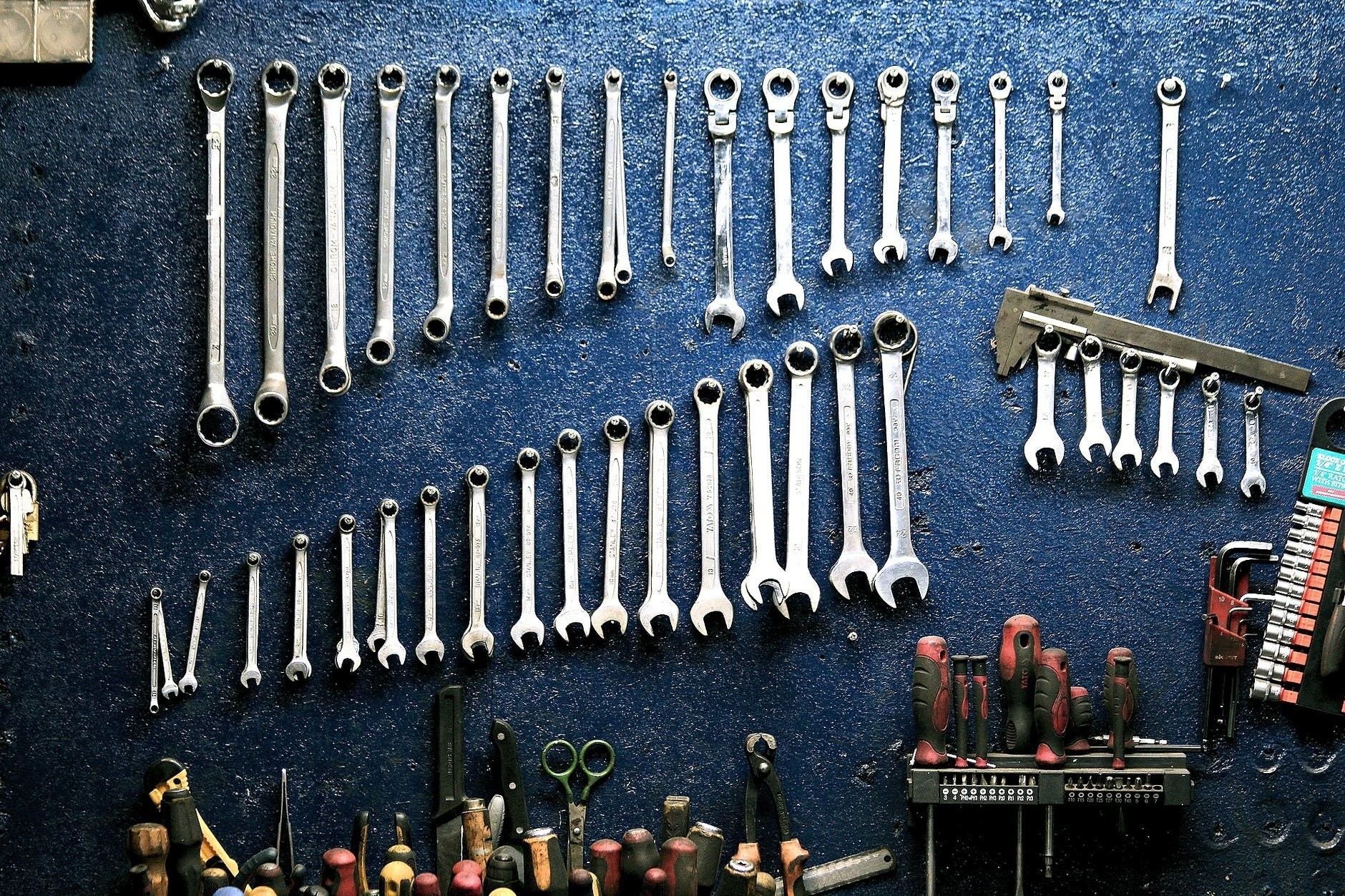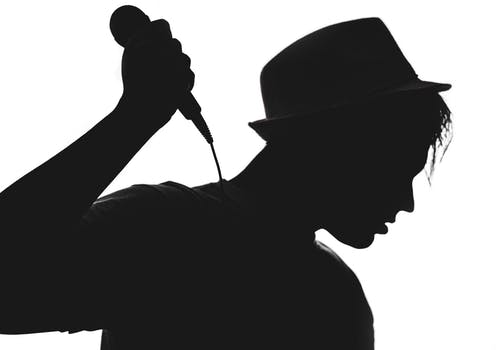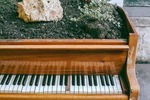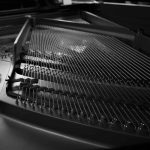Storing a piano can be tricky, especially if you don’t have any prior knowledge or experience in the matter.
One of the most immediate ideas people get is to store the instrument in their garage.
It’s open, it’s spacious and it’s convenient; it sounds like the best idea, doesn’t it?
Of course, it does.
But can a piano be stored in a garage?
Interestingly, the answer to this common question is not as simple as yes or no.
It depends on several different factors, and there are certain dos and don’ts related to it.
If you’re interested to know whether you can store your piano in a garage and how to do it the right way, it’s all here!
Related: Check out this article I wrote on “How does a piano change pitch?”
Can A Piano Be Stored In A Garage?

Whether you can store a piano in a garage depends on several factors.
These include:
- How big is your garage, and how giant is your piano?
Is your piano big or small?
Is your garage spacious enough to accommodate the instrument and still give you enough space to move around easily?
- What is the structure, the dimensions, the shape of your garage?
Do you have low ceilings and shorter walls?
Is the structure of your garage compatible with the shape and size of the piano?
- Does it have a lot of windows and doors?
Whether big or small, open or closed, windows are a no-no when it comes to piano placements.
You simply cannot have a window or a door that opens to the outdoor environment anywhere near your piano.
They make way for sunlight, humidity, and temperature fluctuations, none of which are suitable for your piano.
- What are the walls and ceilings like?
Are the walls thick or thin?
Are they resistant to water or moisture?
Similarly, check whether the ceiling is free or any cracks or leaks.
Make sure no rainwater or snow leaks through the roof to damage your piano.
- Most importantly, is the garage hot or cold?
Yes, the temperature in your garage has a significant role to play in deciding whether you can store your piano there.
Let’s discuss it in detail.
Also check out this article I wrote on Can playing the piano cause trigger fingers?
Can You Store A Piano In A Hot Garage?
A hot garage means high temperatures.
If you know anything about pianos or wood, you will understand that higher temperatures are not an alloy to the instrument or the material.
Heat can affect the wood as well as its finish.
Thus, it can ruin the finish of your instrument and negatively affect the sound quality as well.
Can You Store A Piano In A Cold Garage?
A cold garage is not an ideal place to store your piano.
Since you cannot control or maintain the temperatures, it can negatively impact the wood and damage the outlook and the soundboard.
As a result, the pitch and sound quality will also change, and not always in the best way.
How Can You Store A Piano In A Garage?
Now that we’ve talked about the criteria for storing a piano in a garage, let’s discuss how you can do it successfully.
Climate-Controlled Storage
As mentioned earlier, hot and cold temperatures are not an ally of wood and your piano in general.
So, the first thing you need to do is maintain room temperatures.
This concept is “climate-controlled storage.”
Ideally, if you want to store your piano in your garage, the temperature range should be from mid 70 degrees Fahrenheit in the summers to upper 60 degrees Fahrenheit during the winters.
The safe zone, however, is 38 to 90 degrees Fahrenheit.
As long as your piano sits in this temperature range, it is not prone to damage.
Dehumidifiers
Just like temperature, the humidity around the piano is also an essential factor to consider.
If it’s humid where you live, invest in a dehumidifier.
It helps reduce the moisture in the surrounding and lowers the chances of damage to your wood.
Once you control the temperature and the humidity around your instrument, you can successfully store your piano in a garage.
Cleaning And Wrapping The Piano
Another essential aspect to take care of is how to leave your piano sitting in the garage.
Ideally, it should be clean and adequately wrapped.
Make sure there is no dust or grime anywhere.
Pay particular attention to the keys’ cleanliness and wipe them with a little bit of action oil for more comfort and fluidity.
Next, take care of the fallboard, the lid, and basically all of the piano case.
Once you’re done cleaning, it’s time to wrap up the instrument.
You can use shrink wrap and blankets for this. Invest in heavy-duty, durable, padded blankets.
They make sure your piano’s wooden frame doesn’t contact the wall directly.
Apply the shrink wrap first, and then add the blanket player.
If you plan to store the piano for a more extended period, you should remove the wrap once you’ve put it in the garage.
The reason for this is that, in the long run, the plastic might attach permanently to the wood.
Then, it can cause problems when you finally take it out of the storage.
So, wrap it up nicely and strap it into place.
This part is optional, and you don’t have to do it unless you plan on moving the piano a lot.
Flooring
The floor is a necessary but underrated aspect when you’re thinking about storing a piano.
Concrete, cement, and tile floor can hold moisture.
As a result, the strings can rust, and the wood can go bad.
The ideal way to combat this problem is by placing a carpet or a rug under your piano.
Conclusion
Storing a piano in a garage isn’t ideal, and there are many reasons you shouldn’t do it.
Fluctuating temperatures, humidity, and lack of an appropriate environment are a few of the major ones.
However, if there’s absolutely no other place to store your instrument, there are a few things you can do to make it possible.
Controlling temperatures, humidity, and sunlight exposure around the piano can prevent damage and guarantee a successful storage project.




5 Comments
Leave a Reply5 Pings & Trackbacks
Pingback:How Does A Piano Change Pitch? – Music and Entertainment
Pingback:Can Piano Strings Break? - Music and Entertainment
Pingback:Does a Piano Need Electricity? - Music and Entertainment
Pingback:Can Piano Wire Cut You? - Music and Entertainment
Pingback:How Much Does A Piano Tune Cost? - Music and Entertainment